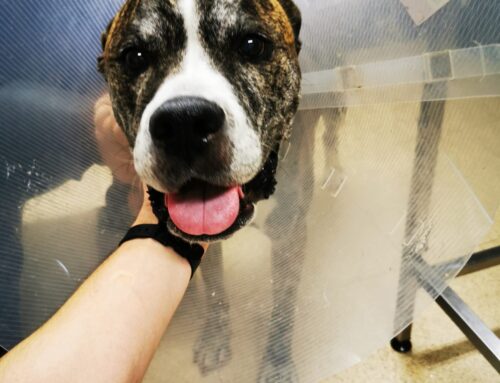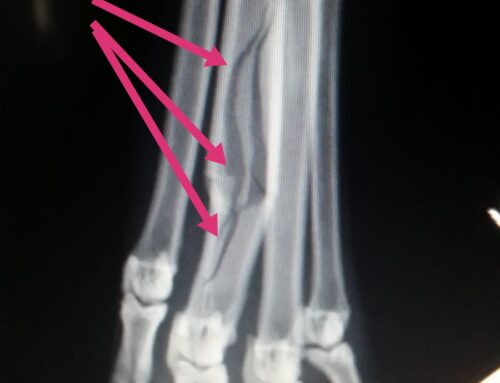Introduction
 Dogs are known for their boundless energy and enthusiasm, but as they age, they can experience various health issues, with arthritis being one of the most common. Canine arthritis can affect dogs of all breeds and sizes, causing discomfort and pain. In this blog post, we will explore the symptoms, treatment options, and care tips for dogs with arthritis.
Dogs are known for their boundless energy and enthusiasm, but as they age, they can experience various health issues, with arthritis being one of the most common. Canine arthritis can affect dogs of all breeds and sizes, causing discomfort and pain. In this blog post, we will explore the symptoms, treatment options, and care tips for dogs with arthritis.
Understanding Canine Arthritis
Canine arthritis, also known as osteoarthritis or degenerative joint disease, is a progressive and degenerative condition that affects a dog’s joints. It can result from various factors, including genetics, injury, obesity, or simply the wear and tear of aging. Arthritis primarily affects the cartilage in the joints, leading to inflammation, stiffness, and pain.
Symptoms of Canine Arthritis
Recognizing the signs of arthritis in your furry friend is essential for early intervention. Common symptoms include:
- Limping or favoring one leg.
- Reduced mobility and reluctance to engage in physical activities.
- Stiffness, especially after resting or sleeping.
- Difficulty getting up or climbing stairs.
- Vocalizing in pain when touched.
- Swelling or heat around affected joints.
Diagnosing Canine Arthritis
If you suspect your dog may have arthritis, please get in touch with us for a proper diagnosis. We will conduct a thorough physical examination and may recommend X-rays or joint fluid analysis to confirm the condition. Early diagnosis is crucial for effective management.
Treatment Options
While there is no cure for canine arthritis, there are several treatment options available to alleviate pain and improve your dog’s quality of life:
- Medications: Nonsteroidal anti-inflammatory drugs (NSAIDs) can help reduce pain and inflammation. However, they should only be used under the guidance of a veterinarian and we can discuss this with you. There are other pain killing medications available too – it depends on the nuance of your pet’s condition. We now have a brilliant monthly injectable drug for instance that works really well.
- Physical Therapy: Rehabilitation exercises and massage can improve joint function and reduce pain.
- Weight Management: Maintaining a healthy weight is essential, as excess weight can put additional stress on arthritic joints.
- Dietary Supplements: Supplements like glucosamine and chondroitin may help support joint health and reduce symptoms.
- Joint Injections: In some cases, Kelperland may recommend joint injections with substances like hyaluronic acid or corticosteroids for pain relief.
- Surgery: Severe cases of arthritis may require surgical interventions such as joint replacement.
Caring for a Dog with Arthritis
 In addition to medical treatment, there are several steps you can take to provide better care for your arthritic dog:
In addition to medical treatment, there are several steps you can take to provide better care for your arthritic dog:
Create a Comfortable Environment: Provide soft bedding and make adjustments to their living space to minimize the need for strenuous activities.
Low-Impact Exercise: Engage your dog in gentle activities like swimming or short, leisurely walks to help maintain muscle strength.
Maintain a Healthy Diet: Consult us for a balanced diet tailored to your dog’s specific needs, including weight management.
Regular Vet Checkups: Ensure your dog receives regular checkups to monitor their condition and adjust treatment as necessary.
Conclusion
Canine arthritis is a common condition that can significantly impact your dog’s quality of life. With proper care, early diagnosis, and appropriate treatment, you can help your furry companion live a happy and comfortable life despite arthritis. Simon and the team offer guidance on the best approach to managing your dog’s arthritis. If you think your dog may be affected then do give us a ring and we can arrange a health check.
New family member? Take a look at our Puppy & Kitten Info Sheets.
You can even download them and pass them on to friends and family.






